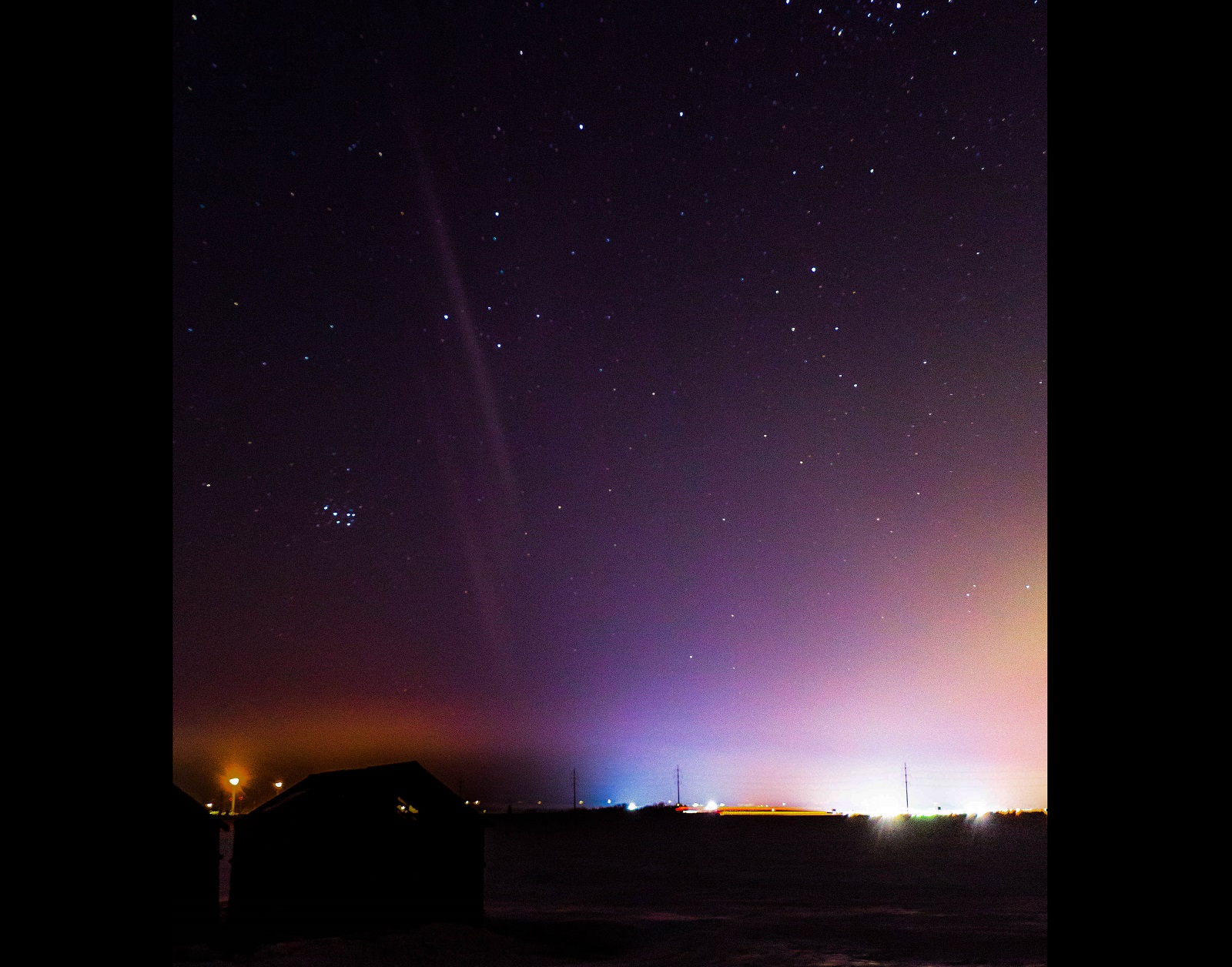Greek public television ERT reports that the fires in Rhodes have so far consumed about 10 percent of the island’s surface. The Public Prosecutor’s Office is investigating the causes of the fires, as well as the response of the national authorities to them. Adverse man-made climate change played an “overwhelming role” in the July heatwave, creating favorable conditions for fires to spread, according to a report by scientists at World Weather Attribution released Tuesday.
“The next few days will be difficult and conditions are likely to improve only on Thursday,” Greek Prime Minister Kyriakos Mitsotakis said on Tuesday during a government meeting devoted to the fires that have plagued Greece for a week. Temperatures are expected to drop dramatically in the second half of the week. On Tuesday, many places again recorded over 40 degrees Celsius. On Wednesday, the temperature may reach 45 degrees Celsius.
In Rhodes, where the situation is more difficult and where more than 30,000 people have had to evacuate, the Public Prosecutor’s Office has launched an investigation into the causes of the fires and the Greek authorities’ preparedness and response. So far, according to Greek public television website ERT, the fire has devoured about 10 percent of the island and is still moving inland, burning mountain forest areas, including part of the nature reserve. Greek media reported that desperate residents had wet towels around their necks and shovels trying to put out the flames approaching their homes.
Watch TVN24 reporter reports from Rhodes.
Corfu’s deputy mayor, Theophanes Schembris, said three fires on an island in the Ionian Sea could be put out soon. – The situation on the island is better now. Most of the fires are under control. “I think it will all be over soon,” Scimbres was quoted as saying by iNews. The mayor noted that four fires broke out on the island simultaneously. “We have to wait for the investigation, but the first unofficial reports from the fire department indicate that it was arson,” he said. “The fires cannot start in four different places at the same time,” he added.
Euboea and Crete, among others, are also struggling with fires, where the fifth alert level, which means “severe fire hazard”, is in force.
Read also: Greece fires. The Embassy of the Republic of Poland launches new phone lines
Scientists: The overwhelming role of climate change in heat waves
As the Greek Prime Minister said at the beginning of the meeting, “In the face of what the entire planet is facing, especially the Mediterranean, which is a climate change hotspot, there is no magic defense mechanism, if there is one, we will apply it.” Mikotakis pointed to a report published by scientists from World Weather Attribution, which shows that man-made climate change played an “extremely overwhelming” role in the extreme heat waves that affected southern Europe, North America and China in July, with the northwestern city of Sanbao posting a record high of 52.2C for the People’s Republic of China.
July temperatures in Europe and North America “would have been virtually impossible without the effects of climate change,” said Ezidine Pinto of the Royal Netherlands Meteorological Institute, one of the study’s authors. He added that the same applies to China.
A team of scientists from a foundation analyzing how climate change might affect the occurrence of extreme weather events estimated that during the July heatwave in southern Europe, the temperature so far was on average 2.5 degrees Celsius higher than under normal conditions. In North America it was 2 degrees Celsius higher, and in China – by 1 degree.
The authors of the analysis found that El Niño, a natural anomaly in the Pacific Ocean that occurs when the water surface temperature in the equatorial region is above average, has contributed to warming in some areas, causing severe weather phenomena and dangerous climate impacts in different parts of the world. However, according to experts, the main factor is the increasing level of greenhouse gas emissions into the atmosphere and, as a result, an increase in global temperature.
“The events we looked at are not uncommon in today’s climate,” said Friedrich Otto, a German climate scientist and director of the University of Oxford’s Institute for Environmental Change. “From a climate point of view, it’s not surprising that it happened at the same time,” she explained. “As long as we burn fossil fuels, we will see more and more of these extremes,” she warned.
“The fact is that the fire will be stronger if the weather is warmer and drier.”
Heatwaves are becoming more frequent and intense on a rapidly warming planet, scientists said, the BBC reported, quoting the Greek prime minister who said last week that Greece “has seen and will see forest fires, which are also one of the results of the climate crisis”. The researchers note that hot, windy summers make forest fires, which were already a regular occurrence in Greece, more frequent.
According to Professor Richard Bates, Head of Climate Research at the Met Office in the United Kingdom, negative climate change has created ideal conditions for vegetation fires to spread, such as the one we are currently experiencing in Greece, for example. The BBC quoted Bates that human activities, including burning fossil fuels and deforestation in more areas of the Earth, have caused a large amount of greenhouse gases to enter the atmosphere, causing a rise in the average temperature on the planet, which has begun to ignite fires throughout the Mediterranean basin.
“It really doesn’t matter how the fire started, whether it was an accident or arson,” Bates said. “The fact is that the fire would be stronger if the weather conditions were warmer and drier, and man-made climate change has made the weather in this part of the world hotter and drier,” he explained.
In an interview with the British Broadcasting Corporation (BBC), Professor M. John Barry of Queen’s University Belfast, co-chair of the Belfast Climate Commission, has estimated that “these poor holidaymakers” being evacuees from Rhodes “are in many ways temporary climate refugees”.
See also: Greece is burning. View the fire map
Heatwaves in Europe. Temperature forecast for Wednesday 14Adam Ziminowicz/PAP
PAP, BBC, Reuters, World Weather Attribution, tvnmeteo.pl
Main image source: PAP / EPA / BOUGIOTIS EVANGELOS

Echo Richards embodies a personality that is a delightful contradiction: a humble musicaholic who never brags about her expansive knowledge of both classic and contemporary tunes. Infuriatingly modest, one would never know from a mere conversation how deeply entrenched she is in the world of music. This passion seamlessly translates into her problem-solving skills, with Echo often drawing inspiration from melodies and rhythms. A voracious reader, she dives deep into literature, using stories to influence her own hardcore writing. Her spirited advocacy for alcohol isn’t about mere indulgence, but about celebrating life’s poignant moments.









